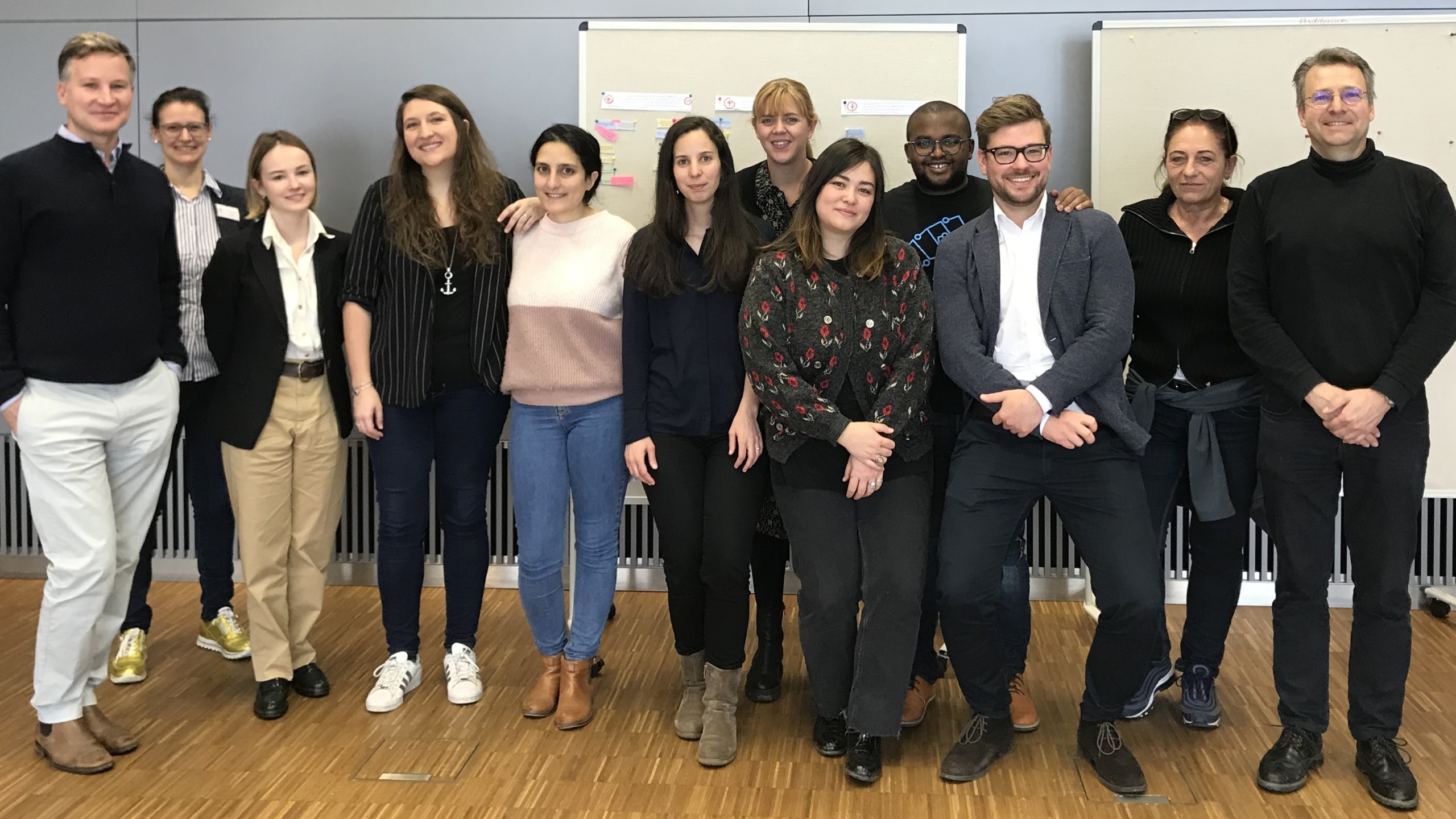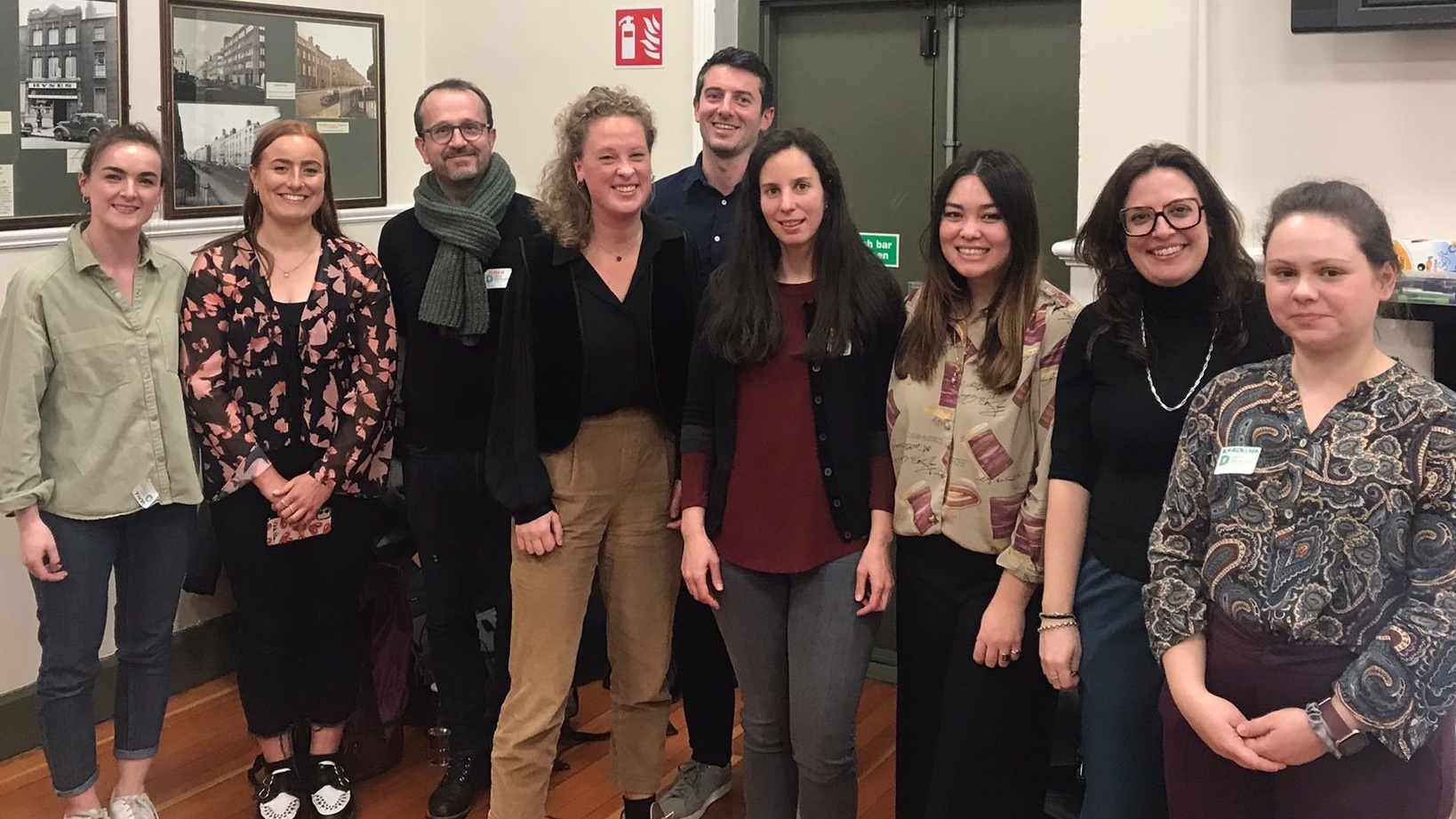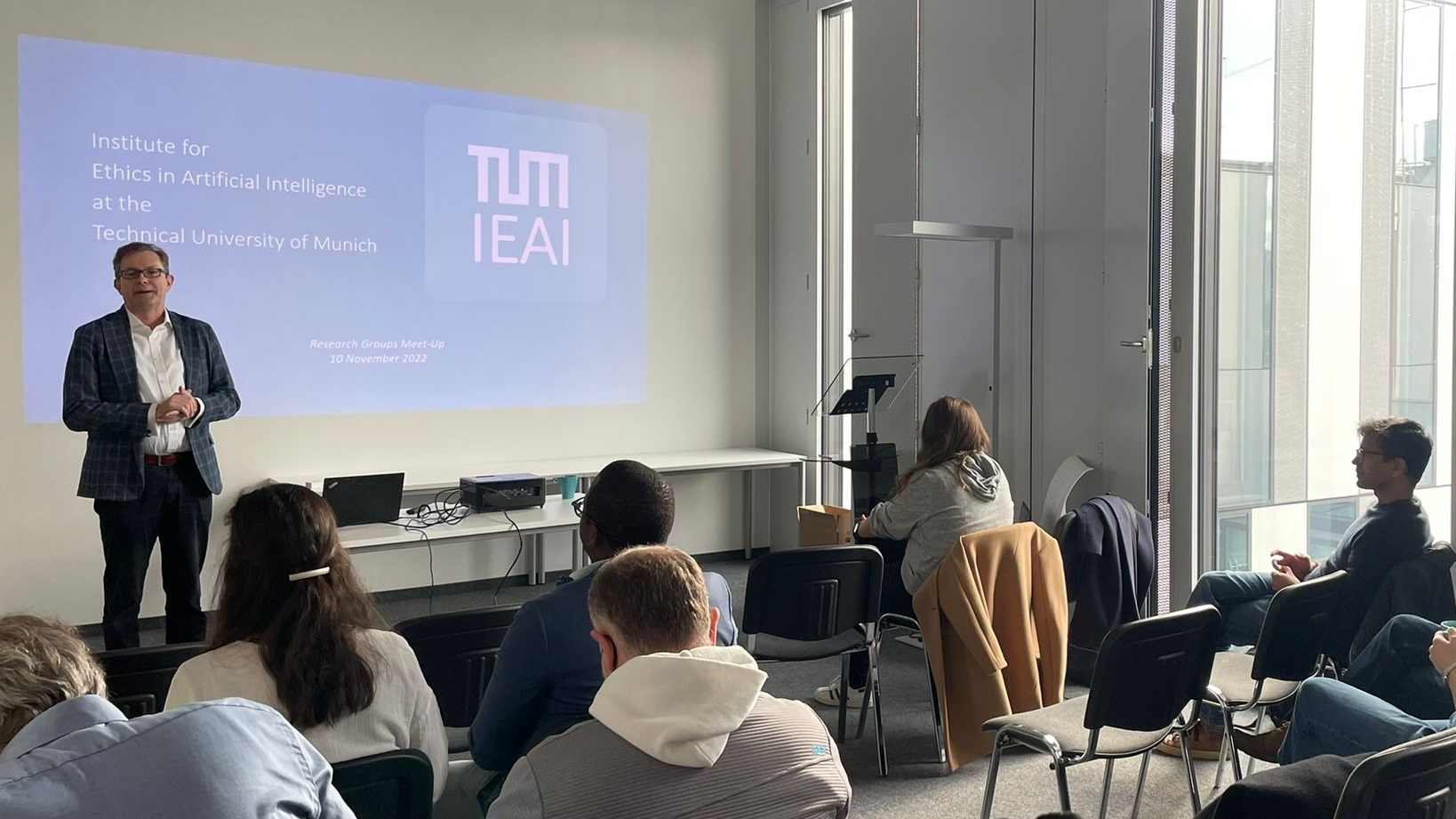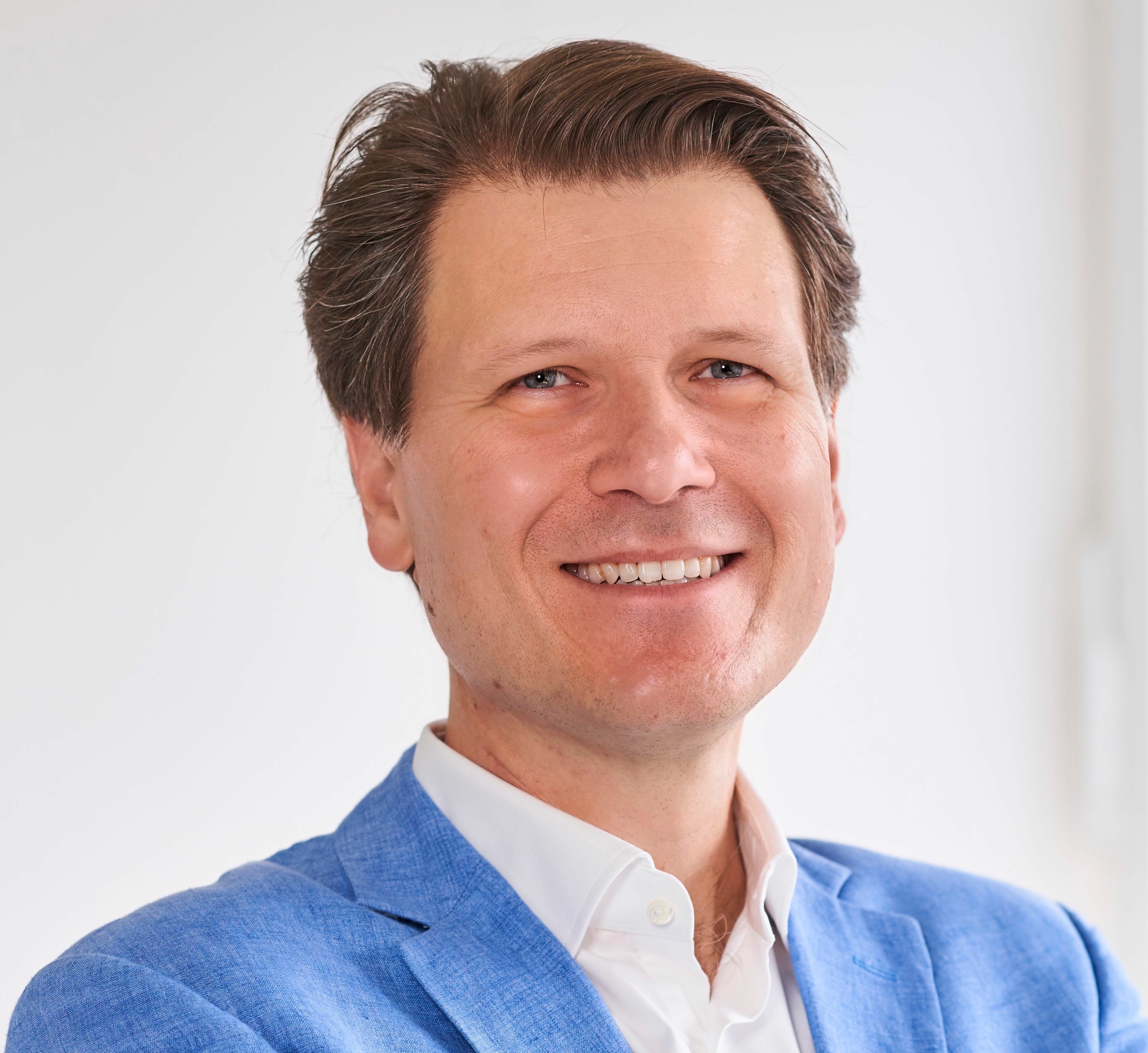Ethics for the Smart City: Applied socio-technical frameworks to assess the implementation of AI-related solutions
This interdisciplinary research project brings together the Chair of Transportation Systems Engineering (TSE) and the Institute for Ethics in Artificial Intelligence. The interdisciplinary approach enables us to look at Smart City solutions from both a social sciences and an engineering perspective and collaborations established with external partners, including European cities of different scales, endorse our aim to understand Smart Cities in practice. Our guiding question is how can we assess AI-enabled solutions implemented on urban settings from a socio-technical perspective? and expected impacts lean towards enabling people centered Smart Cities.
The project has four pillars 1) Smart Cities for sustainable development: assessing social and environmental impacts; 2) Urban governance: transparency and public engagement; 3) Data governance: transparency, data policies, privacy, stakeholder accountability; and 4) Ethics by design: developing and deploying trustworthy technologies. The main outcomes are socio-technical frameworks aiming to steer the ethical implementation of Smart City agendas, by promoting a responsible use of frontier or disruptive technologies on urban settings and designing people-centered, and co-created solutions.







